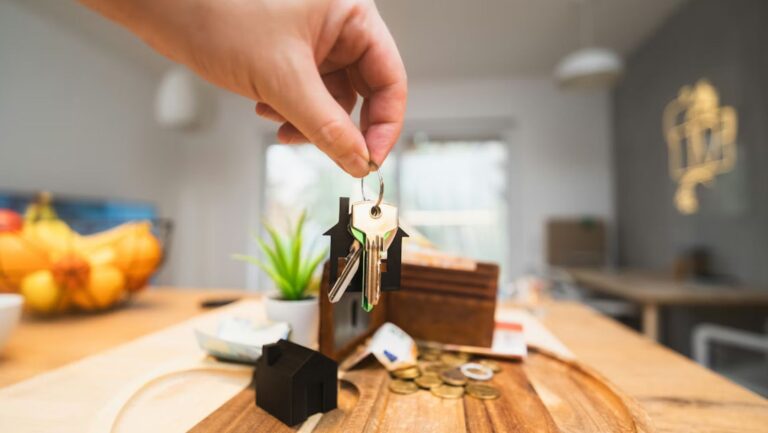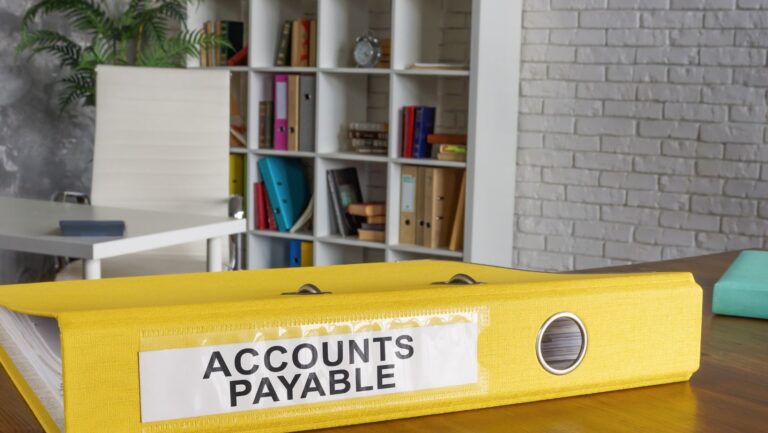Owning property abroad can have several significant perks. Some investors see higher returns. Others benefit from tax advantages. Plus, it can be a great hedge against inflation if the destination’s economy is better and the currency is stronger.
But it’s also worth treading carefully because at times, hidden costs can hurt.
Read on as we break down some commonly overlooked expenses and how to avoid them when buying property overseas.
1. Transfer Taxes
Tax laws vary from country to country. That’s why transfer taxes often catch buyers off guard. Some countries charge these fees only on new builds, others on all property sales. The type of property matters.
In Spain, buyers of resale homes pay a Property Transfer Tax, usually ranging from 6 to 10 percent. In Greece, expect around 3 percent of the property’s value. Missing this line item can throw your budget off fast.
2. Notary and Registry Fees
Ownership isn’t official until notary and registry offices record your purchase. These offices check documents and confirm everything matches. Costs often depend on property value, not just flat fees.
Watch for extra charges like expedited filings or translation fees. Review every line on the invoice before payment. It’s easy to underestimate these expenses, so plan for them up front. Setting aside a small buffer can help cover surprise costs at closing.
3. Legal Due Diligence Costs
Title checks make sure a property has no hidden claims or disputes. Lawyers confirm the seller’s ownership. They look for outstanding debts, and check the zoning. Authenticity matters for every document, from permits to the property deed. Miss one detail and you risk legal headaches down the line.
And these services come at a cost, often not included in the property listing price.
It’s wise to first of all browse Greece property listings online if that’s where you intend to invest. Good platforms usually provide all the information related to listings and have experts waiting to answer your questions. They’re licensed and often have many years in business, specializing in guiding international buyers through property investments.
It’s like doing your own due diligence. Reputable listings always answer due diligence questions clearly, and some even offer legal guidance to help buyers avoid trouble.
It’s like doing your own due diligence. Reputable listings always answer due diligence questions clearly, and some even offer legal guidance to help buyers avoid trouble.
4. Currency Exchange Rate Surprises
Exchange rates shift daily. A small swing can add thousands to your total bill. Some banks add hidden spreads or fees that make foreign transfers costlier than expected. It’s like packing for a trip and finding extra luggage charges at the airport.
Always check the real rate, not just the one your bank shows. Wise buyers lock in rates or use specialist services to avoid nasty surprises.
5. Mortgage Origination and Bank Fees
Banks rarely lend for free. Setting up a second mortgage at home or one overseas usually comes with origination charges, appraisal costs, and administrative fees. Some lenders require insurance or escrow deposits as well.
It helps to ask for a clear fee breakdown before signing anything. That way, you know exactly what you’re committing to – no last-minute shocks when the loan closes.
6. Surveyor and Inspection Charges
Skipping a professional inspection can backfire. Surveyors spot boundary issues, hidden water damage, or structural faults that cost much more to fix later. Some countries even require an official report before finalizing a sale.
Plan for these costs early. Treat inspection reports as your property’s health checkup, not just a formality for the paperwork.
7. Homeowner and Property Insurance
Local policies may not cover everything you expect. Premiums can be higher or lower than back home, and coverage often excludes certain risks. Insuring your overseas real estate investment means reading the fine print. Compare plans, not just prices. A strong policy protects you from costly surprises if the unexpected happens.
8. Utilities Connection and Activation
Connecting water, power, and internet is rarely instant. Some providers charge hefty setup fees, while others require a security deposit. Imagine moving into a new house only to realize the lights won’t turn on until next week. You’d want to budget both time and money for utility setup, especially in rural areas.
9. Ongoing Community or Building Dues
Monthly fees can add up quickly. Many properties require payments for shared spaces, building maintenance, or security. These dues sometimes increase yearly and often aren’t included in sale price ads.
So, ask for recent statements or meeting notes. Knowing what to expect keeps your long-term budget realistic and free of surprises.
Hidden costs can reshape the true price of owning property abroad. Smart investors watch for details others skip, and stay ahead of surprises. That awareness turns a foreign home purchase into a confident, informed investment.





